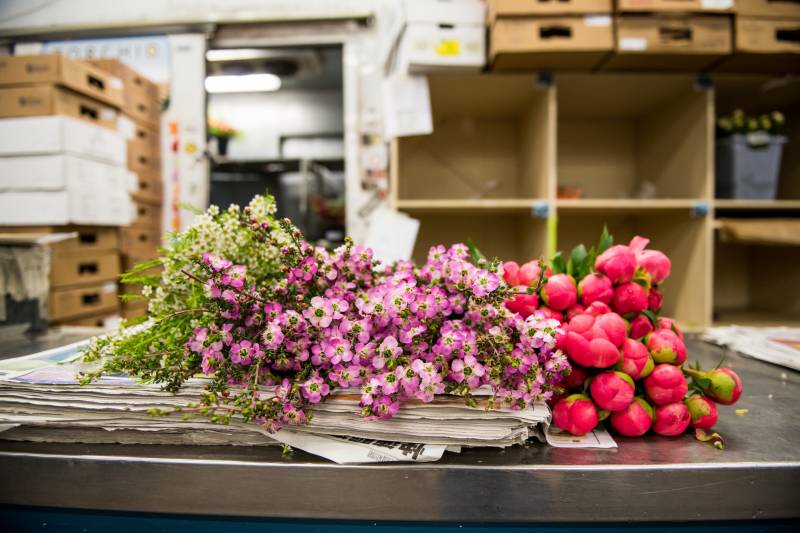Denckla talked about why funerals and coming together are important for people to process death. Here are excerpts from the interview:
What is it that we get from a funeral in more normal times, how do they help us grieve, how do they help us heal?
Funerals and the rituals that go along with mourning that loss are really fundamental to a number of processes. They’re fundamental to how we mourn, to how we grieve, to how we reinforce social ties, to how we expand the social safety net in times of vulnerability and loss. And more fundamentally, they reflect what it means for us to be human and for us to love and for us to connect.
And there are cultural practices for these that vary widely across the world. But in each of these, they share a common infrastructure of bonding and gathering collectively.
Can you give any specifics on the consequences of not being able to mourn as we usually are?
One of the things that we’re observing, or that we know about COVID so far, is that the typical ways that people begin to grapple with the death of loved ones is being lost. People can’t be at the bedside. People can’t say goodbye to their loved ones. And often the loss comes unexpectedly.
And so we do know that there are multiple steps involved in coming to terms with the loss of a loved one. And one of those is seeing the physical body. And people now cannot see the physical body because of the requirements of social distancing to prevent the spread.
This concerns me. This is a troubling consequence of COVID-19 loss, and we don’t know how that will play out over time. But we can expect that there will be potential difficulties, really grappling with the loss, as people mourn and grieve.
For those among us who are grieving right now and having to do so alone, do you have any advice?
My best advice would be to connect. There are aspects of grieving that are done alone, but there are also aspects of grieving that are done in community and groups. And we must connect. We must connect to friends. We must connect to social support. We must connect. And this can be done virtually. It can be done by phone calls. It can be done through social media. The bereavement community has mounted a formidable response to provide online support services for people who are facing grief.

9(MDAxOTAwOTE4MDEyMTkxMDAzNjczZDljZA004))
